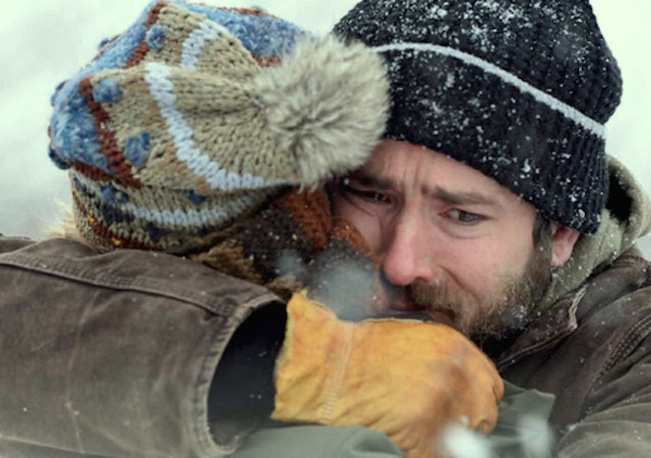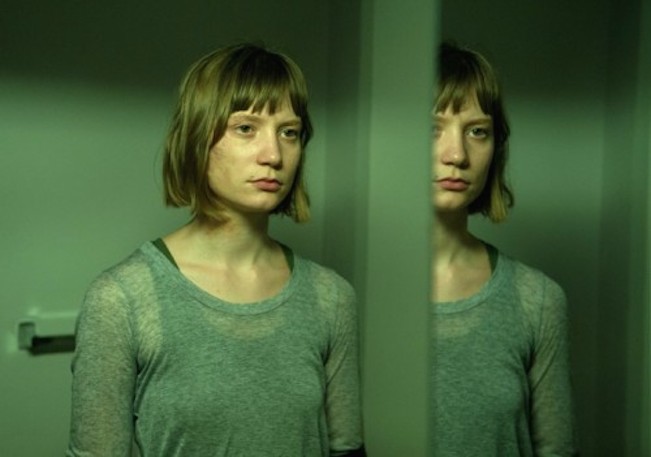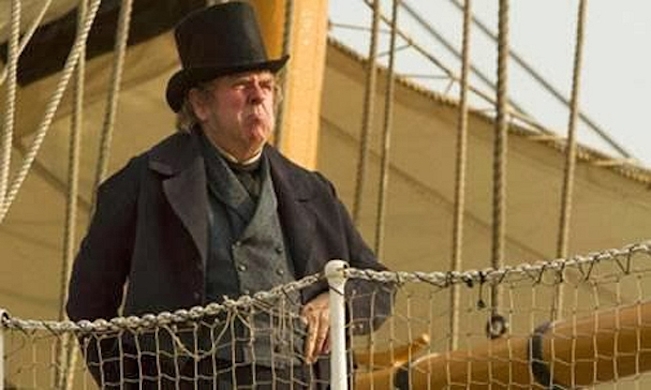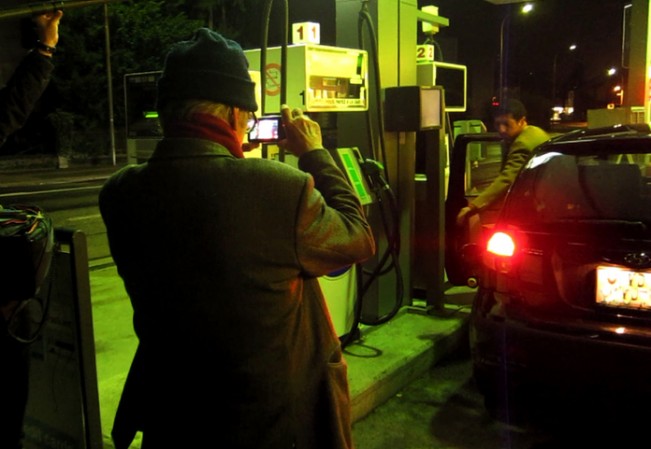By Jake Howell jake.howell@utoronto.ca
The Torontonian Tips Cannes
It’s Egoyan vs. Cronenberg, Miller vs. Jones, Pattinson vs. Stewart, and Leigh vs. Loach at this year’s Festival de Cannes, which this morning announced their 67th line-up of films vying in the prestigious Palme d’Or Competition.
In sticking with the Festival’s longstanding tradition of programming veterans in Competition, 13 of the announced 18 films are from returning auteurs. Eighteen is a small number for Cannes, though, so expect one, two, and possibly even three more films to be announced in the coming weeks.
The five Palme newcomers include Bennett Miller (Foxcatcher), Alice Rohrwacher (Le Meraviglie), Adderrahmane Sissako (Timbuktu), Damian Szifron (Wild Tales), and Xavier Dolan (Mommy).
Dolan has made incredible progress (and very quickly), to be one of the youngest filmmakers in Competition ever, debuting nearly all of his films in the South of France (Tom at the Farm, however, went to Venice last year).
Mauritanian director Sissako, a veteran of the Festival but not of the Competition, will finally seek glory after two Un Certain Regard bows, three jury seats, and an Out of Competition premiere.
Rohrwacher debuted her first film Corpo Celeste in the 2011 Director’s Fortnight, and as filmmakers typically graduate to Un Certain Regard before jumping straight to Competition (the last time I recall this happening was in 2012, where Jeff Nichols vaulted the gap to premiere Mud in Competition), there’s reason to expect her follow-up is very strong. Rohrwacher is joined by Japanese auteur Naomi Kawase (Still the Water) to break up the Boy’s Club of the Palme d’Or race.
Fans of Twilight will surely enjoy the latest Robert Pattison and Kristen Stewart connection. Stewart, as part of Olivier Assayas’ film Clouds of Sils Maria, faces off against Pattinson in David Cronenberg’s Maps to the Stars, two features that were tipped for Cannes months ago—not a surprise, but still something to look forward to.
Also hardly surprising are the inclusions of certain Cannes regulars, such as Mike Leigh (Mr. Turner), Nuri Bilge Ceylan (Winter Sleep, or Hibernation, as Google Translate insists), and Ken Loach (Jimmy’s Hall). You have to hand it to Loach: Jimmy’s Hall marks his twelfth appearance in Competition, but he’ll have to debut something meatier than the 2012 romp The Angels’ Share if he wants to win a second Palme. Still, the fact that Loach has mooted that this may be his last fiction feature could factor into deliberations.
Speaking of two-time Palme winners, filmmaking frères Jean-Pierre and Luc Dardennes are back in Competition. Spoiler alert: these brothers almost always take home some hardware, so it’s all eyes on Two Days, One Night to see if their success persists.
 The Canadian contingent this year is unprecedented, with Cronenberg, Atom Egoyan, and Xavier Dolan representing Ontario and Québec. This echoes the 2005 Cannes Film Festival, where Cronenberg and Egoyan faced off with A History of Violence and Where the Truth Lies. Egoyan saw poor critical success with his most recent feature, Devil’s Knot, as yet unreleased in the United States, whereas Cronenberg is sharper than ever.
The Canadian contingent this year is unprecedented, with Cronenberg, Atom Egoyan, and Xavier Dolan representing Ontario and Québec. This echoes the 2005 Cannes Film Festival, where Cronenberg and Egoyan faced off with A History of Violence and Where the Truth Lies. Egoyan saw poor critical success with his most recent feature, Devil’s Knot, as yet unreleased in the United States, whereas Cronenberg is sharper than ever.
But American cinema isn’t exactly under-represented, with Tommy Lee Jones’ second Western The Homesman and Bennett Miller’s Foxcatcher set to debut. Miller’s small filmography is varied, and Jones’ love of the frontier seems an inherent aspect of his dour disposition.
It’s also nice to see Jean-Luc Godard back in Competition. The man hilariously bailed on his Film Socialisme premiere in 2010—who can tame this Swiss lion?—but word is he’s promised to be there in person for Goodbye to Language.
Finally, The Search, Michel Hazanavicius’ follow-up to 2011’s The Artist will premiere in Competition, again featuring his wife (and Cannes mainstay) Bérénice Bejo. If Hazanavicius arrived on the world stage when he was handed his Best Picture Oscar, there’s definitely some pressure for The Search to be something special.
The Jane Campion-led jury will have much to consider when the Festival kicks off May 14. I’ll continue my annual “Countdown to Cannes” series, writing snapshots of the 19 directors (possibly more) in Competition.

















